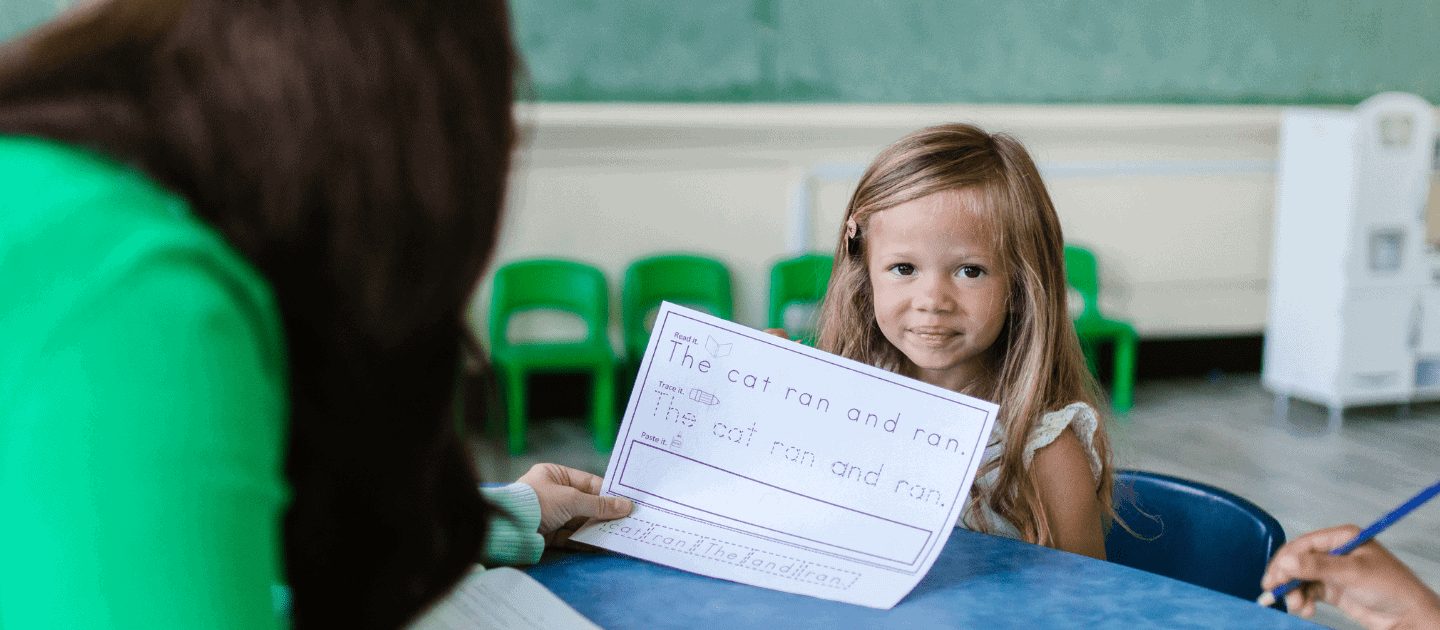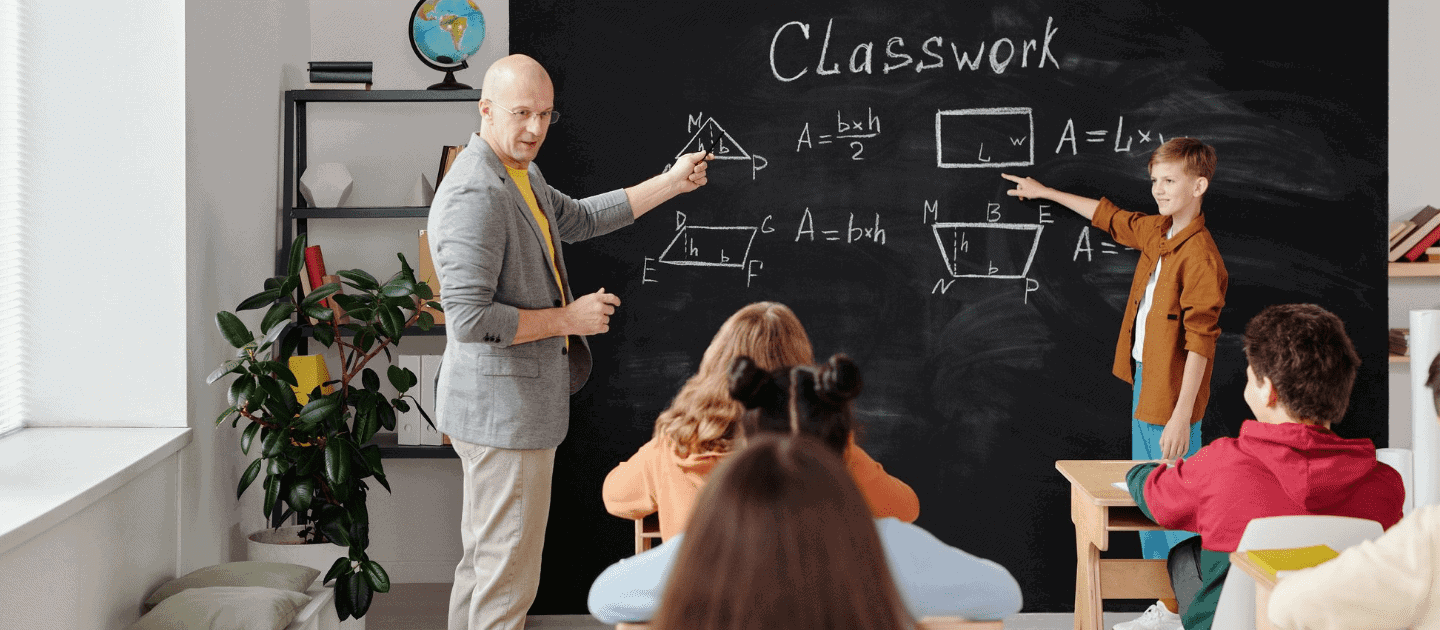Fostering Students’ Well-Being: The Mediating Role of Student-Teacher Relationships

Psychology Social and Emotional Learning This review attempts to consider the eminence of teacher interpersonal behavior and learner-teacher relations in the classroom and indeed illustrate their relationship and influence on students’ well-being. The Personality Traits of an Educator are Directly Linked to a Learner’s Development The educator-learner relationship is critical to the learner’s development as […]
Whose Responsibility is it Anyway?

This study seeks to explore the potential gap between the responsibilities assigned to Scottish secondary teachers and those they assume. Under Scotland’s Curriculum for Excellence, the health and well-being of school pupils are deemed the ‘Responsibility of All’. Addressing Mental Health in Teachers and Students Many attempts to address mental health in schools have focused […]
Do Special Education Teacher Personality Profiles Match with the Profession?

A majority of teachers in the study shared an occupational personality that coincided with the Holland Codes of Special Education Teachers (SET).
The Ineffective Support of a False Growth Mindset

Improving our understanding of the mindsets of students with learning disabilities (LD) will permit the implementation of meaningful supports.
A Trauma-Informed Approach to Communication with Parents of Culturally and Linguistically Diverse Students

School counselors can play a key role in developing a school-wide, trauma-informed approach to advocating for culturally and linguistically diverse students with emotional and behavioral disorders.
The Impact Teacher Psychology Has on Educational Inequalities

Teacher attitudes, beliefs, and perceptions are critical in how they have the potential to contribute to or reduce educational inequalities.
Historical developments in the understanding of learning – Erik de Corte

Erik de Corte describes a progression in which earlier behaviorism gave way increasingly to cognitive psychology with learning understood as information processing rather than as responding to stimuli.
Impact and implications of the relationship between parents’ psychosocial qualities and emotional/behavioral problems in children with autism spectrum disorder

Key Takeaway: Findings suggest that perceived social support predicts emotional/behavioral problems in children with ASD mainly through its influence on parental resilience and parental self-efficacy. As such, developing parents’ psychosocial characteristics through the provision of resources and support, targeted parent education, and relationship-building between parents and professionals is critical to promoting the development of children […]
How do temperament and character play a role in students’ approach to learning?

Students with a deep approach to learning tend to have character traits associated with openness, conscientiousness, and a “steady temperament.”
Learner-centered teacher-student relationships are effective: A meta-analysis – Jeffrey Cornelius-White

Person-centered education is a counseling-originated, educational psychology model, overripe for meta-analysis, that posits that positive teacher-student relationships are associated with optimal, holistic learning.
